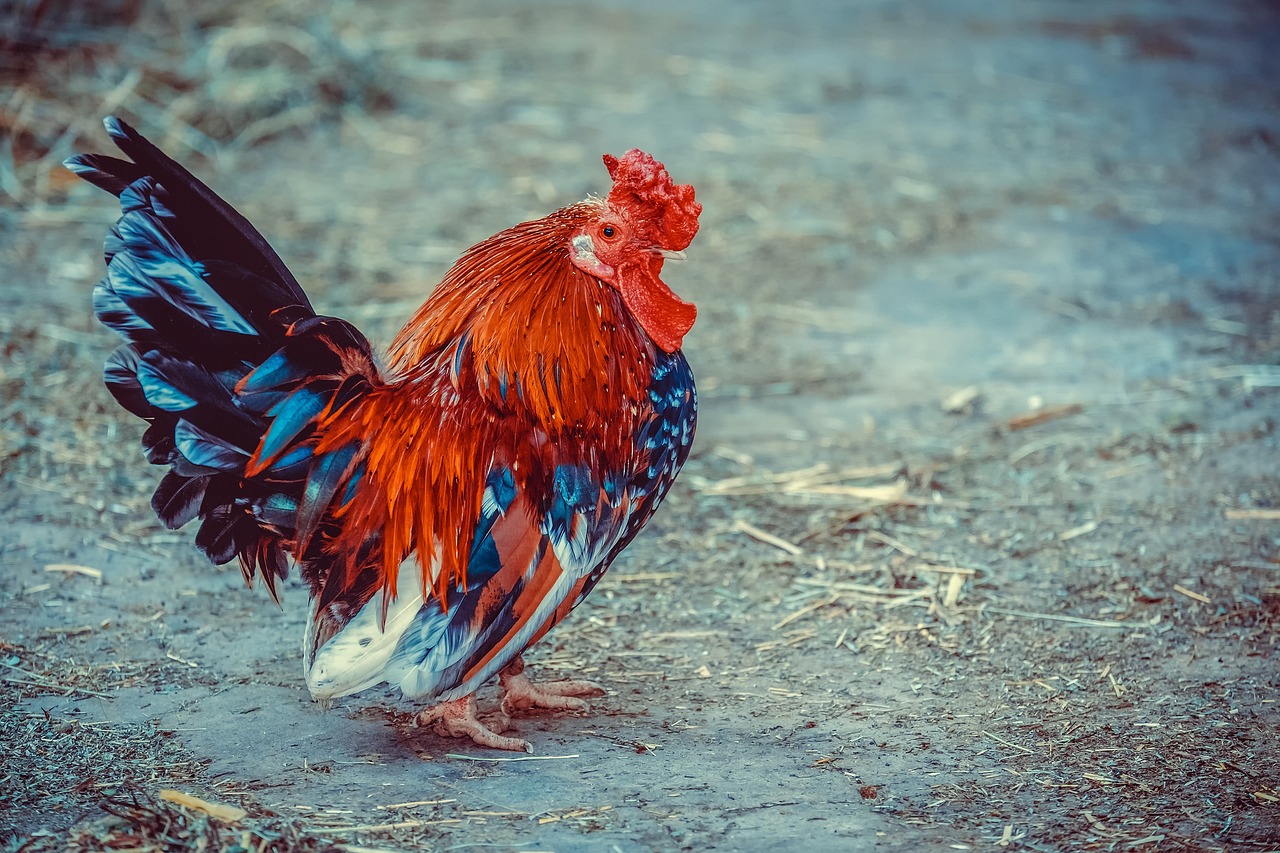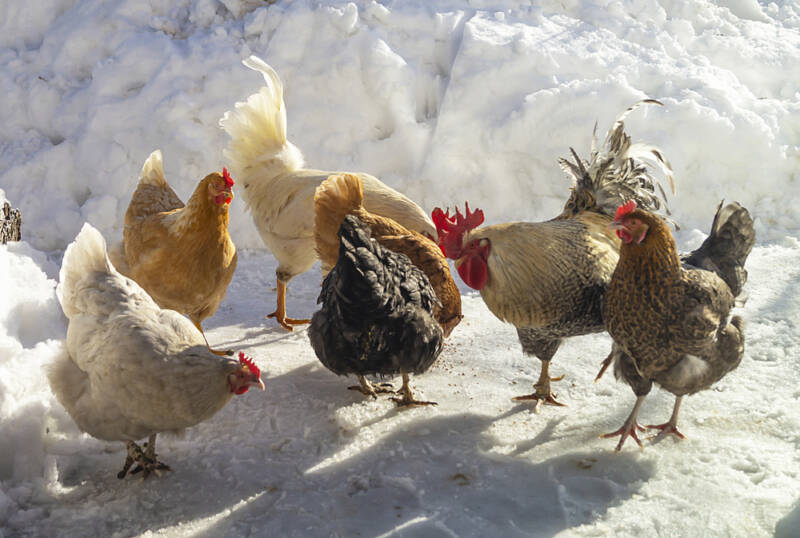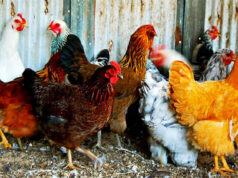One of the most common questions among aspiring and seasoned poultry enthusiasts is how many eggs does a chicken lay a day?. Understanding the egg production rate of chickens is crucial for both backyard farmers and large-scale poultry businesses. In this comprehensive guide, we will cover all aspects of chicken egg production, addressing the factors that influence it and offering tips to optimize egg yield.

Introduction to Chicken Egg Production
Chickens are incredible creatures that have been domesticated for thousands of years. With advancements in technology and selective breeding, we have optimized chickens for increased egg production. However, the number of eggs a chicken lays per day depends on various factors.

Average Egg Laying Rate
What is the Average?
On average, a healthy hen typically lays one egg every 24 to 26 hours. This translates to about five to six eggs per week. However, it is important to note that this rate can vary depending on several factors.

Factors Influencing Egg Production
Breed of Chicken
Certain breeds are known to be more prolific layers than others. For instance, Leghorns and Rhode Island Reds are renowned for their high egg production, with some hens laying up to 300 eggs per year.
Age of the Hen
The age of the hen significantly impacts egg production. Generally, hens start laying eggs around 18-20 weeks of age, with peak production occurring in the first year. Egg production gradually declines as the hen ages.
Health and Nutrition
A well-balanced diet and good health are crucial for optimal egg production. Providing a high-protein feed and ensuring the hens are free from diseases can boost their laying rate. Regular health check-ups help identify and treat any ailments that might affect egg production. Check out this article to learn about common chicken diseases that could impact egg laying.

Seasonal Variations
Egg laying often fluctuates with the seasons. Hens tend to lay fewer eggs during the winter months due to reduced daylight hours. Providing artificial lighting can help maintain egg production throughout the year.
Environment and Stress Levels
The environment plays a significant role in egg production. Chickens need a clean, safe, and stress-free environment to lay eggs consistently. High stress levels can reduce egg-laying rates. Learn more about maintaining a stress-free chicken coop here.
Improving Egg Production
Optimal Living Conditions
Ensuring that your chickens have the best living conditions is fundamental. This includes providing adequate space, clean bedding, and a secure coop. The happier the chickens, the better they will perform in terms of egg production.
Nutrition and Supplementation
As mentioned earlier, nutrition is key. Supplementing your chicken feed with calcium and other vitamins can help enhance egg production. Fresh water should always be available to keep the hens hydrated and healthy.
Health Check-Ups
Regular health check-ups are essential to ensure that your chickens are not suffering from any diseases that might impair their egg-laying abilities. Symptoms of certain chicken diseases can be subtle, so it is crucial to stay vigilant. For more on this, you can refer to our disease symptoms guide.
Light Management
As days get shorter during the winter months, hens lay fewer eggs. By providing additional artificial lighting in the chicken coop, you can mimic longer day lengths and maintain healthy egg production levels. Ideally, hens should get about 14 to 16 hours of light daily.
Common Misconceptions
Egg Production Myths
Many people believe that a hen can lay eggs indefinitely. However, the truth is that egg production decreases as the bird ages. Another common myth is that roosters are necessary for hens to lay eggs, which is not true; roosters are only needed for fertilization.
Broodiness and Egg Production
Broodiness is when a hen decides to sit on her eggs to hatch them rather than continue laying. This natural behavior can reduce egg production for a period. Certain breeds, like Silkies, are more prone to broody behavior. Learn how to manage broody hens in this broodiness article.
Conclusion
Knowing how many eggs does a chicken lay a day? helps poultry enthusiasts manage their flock effectively and maximize egg production. On average, a healthy hen will lay an egg roughly every 24 to 26 hours, influenced by factors such as breed, age, health, and environmental conditions. By understanding these elements and taking appropriate steps, you can ensure your hens lay eggs efficiently throughout their productive years.
FAQ Section
How can I increase my hens egg production?
Improving living conditions, providing a balanced diet, ensuring adequate light exposure, and conducting regular health check-ups can help increase your hens egg production.
Do all breeds of chickens lay the same number of eggs?
No, different breeds have different egg-laying capabilities. Breeds like Leghorns and Rhode Island Reds are known for their high egg production.
Is it normal for egg production to decrease in winter?
Yes, egg production typically decreases during winter due to shorter daylight hours. Using artificial lighting can help maintain egg production during these months.
As an Amazon Associate, I earn from qualifying purchases.










